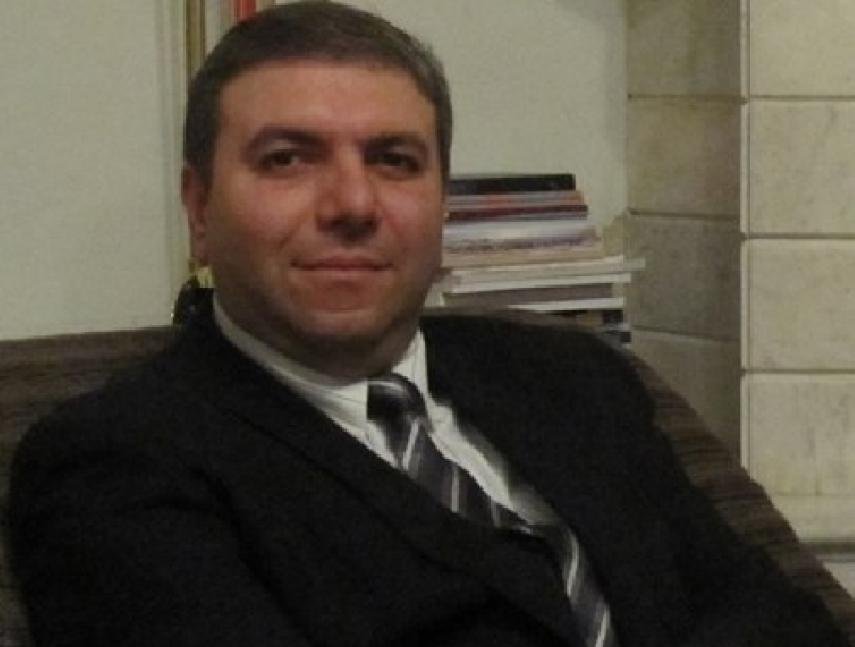NON-GOVERNMENTAL ORGANIZATION
NGOs Presented to OSCE Their Vision on Development

The president of the Civil Society Institute Arman Danielyan participated in the NGO Conference held by the OSCE on November 26-28, 2010 in Kazakhstan's capital Astana.
Mr. Danielyan, what was the purpose of the Conference?
The purpose of the Conference was to develop recommendations for further work of OSCE. Different topics were discussed, including issues of human rights. We worked on one document to pass to the Conference participants as NGOs' recommendations directed to improve OSCE's activities and productivity. Special attention was given to the situation in countries of the Central Asia.
Who participated at the Conference?
The participants were representatives of NGOs of the OSCE region, ambassadors, experts and the adviser to the President of Kazakhstan. Unfortunately, there were mainly NGOs from the former Soviet Union and few representatives of NGOs from developed countries, probably, because they do not consider OSCE's role as important in human rights protection in their countries. NGOs from the Central Asia had a very active participation, and this is also because the OSCE is one of the few mechanisms which promotes protection of human rights in their states. They are not members of the European Council and do not have access to mechanisms that we have.
Which were the main topics of the discussion?
One of the actively discussed topic was observation of elections, which was followed by interesting recommendations. There was a recommendation that OSCE, instead of the general evaluation of elections, used a rating system. If the OSCE scores elections let's say in the 10 -grade system, then the elections can be compared to previous ones.
Another topic of discussion was protection of human rights defenders. In many countries there is a serious security problem: human rights defenders are harassed by the states. There are cases of killings of human rights defenders, and investigations of these cases do not seem to be trustworthy. At this moment, I believe we do not have such a problem but there are no guarantees that we will not face it.
Also, there was a so called "wall of political prisoners", at which everyone could attach pictures of political prisoners. We posted the picture of Nikol Pashinyan. It was interesting that this event took place in Kazakhstan, where the leader of the most prominent NGO serves a term in prison. His place at the conference was empty, his tag with his name was put on the table, but the chair in front of that was empty. At the same time, the adviser to the Kazakhstani president was interested in case of Asimzhan Askarov and promised to provide support to him.
What do you think the effect of the document you produced will be?
This big document, which was adopted almost unanimously, is an important one. We can say that NGOs of the OSCE region adopted a document by consensus, which represents their vision on development. It can be a guide for the OSCE and the new presidency. I hope that at least some parts of this document will be realized.
The interview was conducted by Anna Barseghyan
Source: www.hra.am

